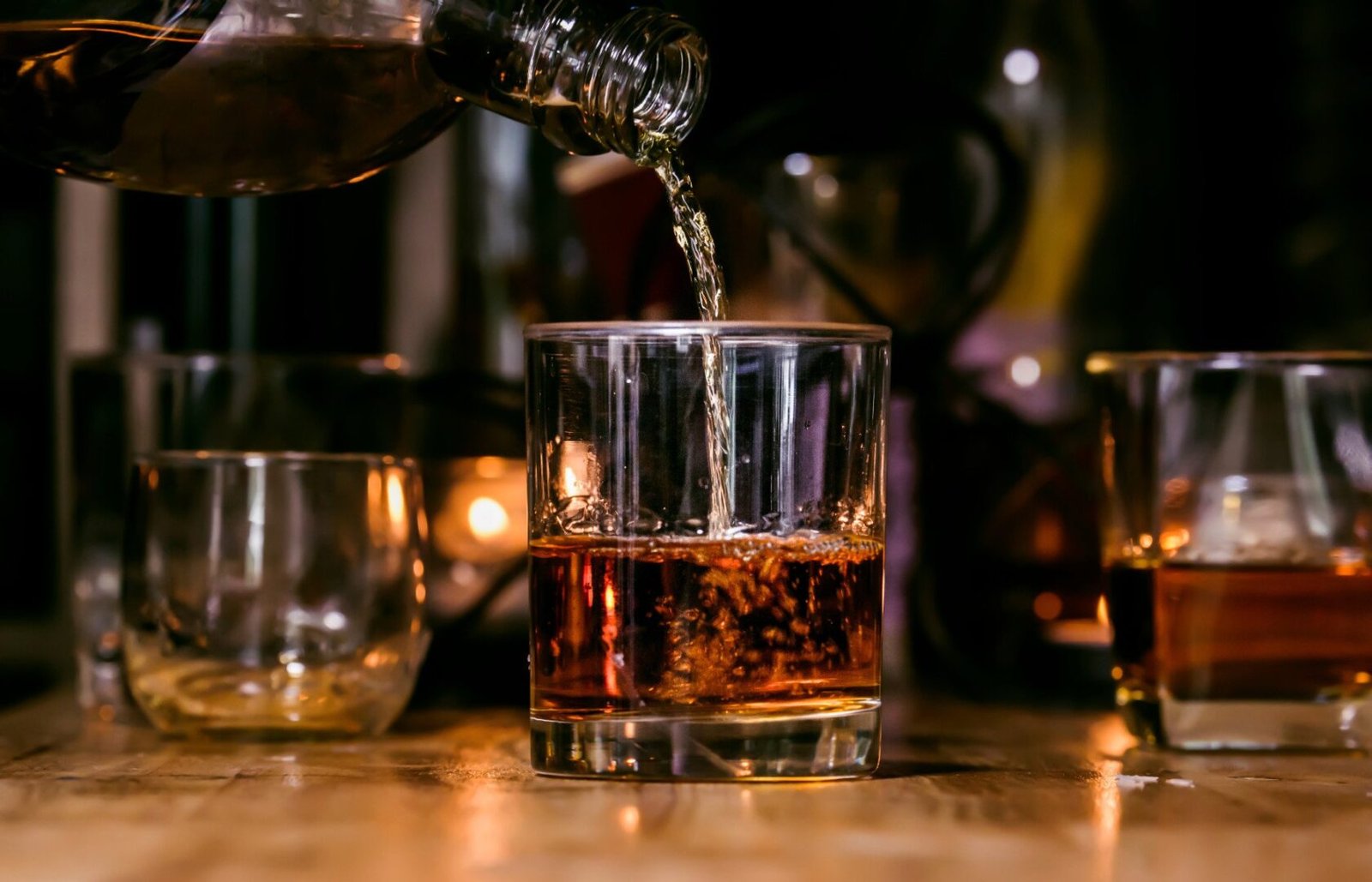NAIROBI, Kenya — A significant debate is intensifying in Kenya following the latest proposals aimed at controlling the sale and consumption of alcohol, notably including a suggestion to raise the minimum drinking age from 18 to 21.
The comprehensive proposed regulations, unveiled on Wednesday, encompass a ban on purchasing alcohol in supermarkets, restaurants, and on public transport.
Furthermore, the online sale and home delivery of alcoholic beverages, along with celebrity endorsements for alcohol products, would be outlawed.
Authorities have defended these planned measures as essential to address substance abuse, particularly among the youth.
However, many Kenyans, including stakeholders within the alcohol industry, have criticized the proposals as misguided and potentially detrimental to the economy.
The proposals were introduced by the National Authority for the Campaign Against Alcohol and Drug Abuse (NACADA) in what is widely perceived as one of the most aggressive anti-alcohol policy initiatives the country has witnessed.
In 2022, NACADA estimated that one in every 20 Kenyans aged between 15 and 65 were addicted to alcohol.
Following the backlash, NACADA issued a statement clarifying that its draft policy was merely a “road map, not an enforcement issue,” adding that the next step would involve developing an implementation plan through consultation with various stakeholders.
“Any proposal that requires legal backing will undergo a thorough law review process,” the agency added.
Traders and alcohol manufacturers have sharply criticized NACADA’s plans, warning that their implementation could trigger a crisis within the industry.
They argue that such measures would lead to widespread job losses and potentially drive consumers towards the illicit alcohol market.
The Alcoholic Beverage Association of Kenya (ABAK) stated that NACADA developed the draft policy without consulting manufacturers, deeming it “exclusionary” and “unrealistic.”
While expressing support for the broader fight against alcohol abuse, ABAK noted it was “unfortunate” that manufacturers, who “could have added valuable insights to the policy,” were excluded from the drafting process.
Prominent lawyer Donald Kipkorir expressed strong opposition on X, stating that the move to “ban the sale of alcohol in supermarkets, restaurants, public beaches, recreational facilities and petrol stations will kill the hospitality sector in Kenya.”
Also Read: Dennis Itumbi slams NACADA over proposed ban on Kenyan celebrities advertising alcohol
He controversially added, “Tourism is driven by good food, alcohol (wine, beer & spirits) and sex.”
Kenya has previously attempted to control alcohol abuse through various legislative efforts, although the problem of abuse has persisted, with dozens of fatalities resulting from the consumption of harmful illicit alcohol.
In 2023, then-Deputy President Rigathi Gachagua proposed a radical step to reduce alcohol abuse in the country’s central region, which was considered most affected, suggesting that county governments should permit only one pub per town.
However, bar and restaurant owners protested that the government was misplacing its priorities by targeting legitimate businesses, and the plan ultimately failed to materialize.

